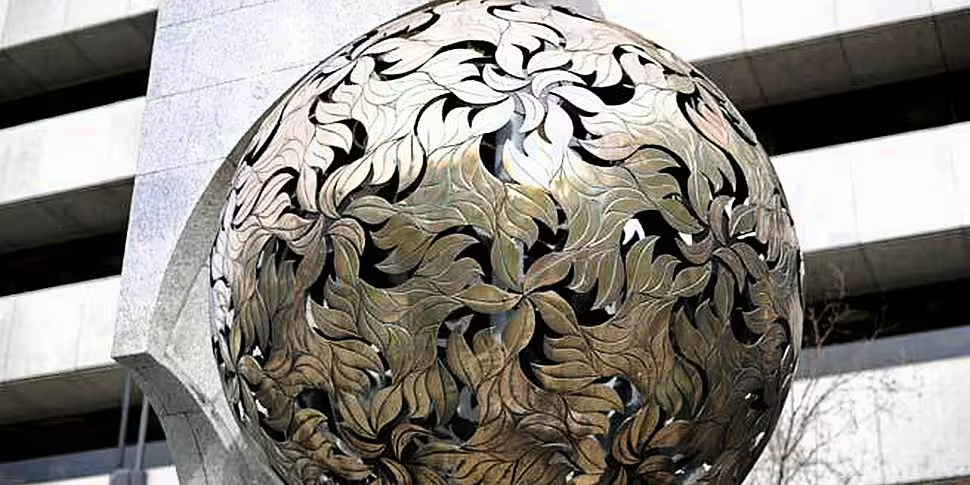It just slipped in quietly by email, under the radar, and unannounced - a six-page document from the Central Bank.
It informed us the Bank had “reprimanded” Irish Nationwide Building Society (INBS) for multiple breaches of the law and its own internal regulations between March 2004 and September 2008 and that it had imposed a fine of €5m on the institution itself which would not be collectable as INBS has no assets.
Oh, and it affirmed that the Bank treated the breaches outlined as “very serious” and would seek to hold those responsible to account.
The six page document, the sole public output to date of a five-year investigation by the Central Bank of an organisation that has cost the taxpayer nearly €5.5bn and has effectively ceased to exist, induced a strange mixture of cynicism and expectation.
'The dogs in the street have been aware for many years of how INBS was run more or less as a personal fiefdom by its former Chief Executive, Michael Fingleton'
Cynicism, because the dogs in the street have been aware for many years of how INBS was run more or less as a personal fiefdom by its former Chief Executive, Michael Fingleton, and because most of the breaches itemised yesterday by the Bank, have been the subject of detailed media exposure
It’s true that an investigation of this kind – the first under enforcement provisions of the Central Bank Act 1942 – require a higher threshold of evidence and substantiation than any media report.
Yet, as in the case of investigations into Custom House Capital and Bloxhams Stockbrokers, it seems to take an inordinate amount of time for the Bank to conclude its investigative reviews.
It’s also difficult not to view the six-page document as in part an apologia for the amount of time taken, given the trouble it takes to list the number of documents that had to be reviewed, the number of interviews that had to be conducted and the number of statutory requests for information, issued.
Cynicism too, because while INBS and some of its key officers during the 2004-2008 period were clearly primarily responsible for the debacle, the six-page document contains but one slight reference to the regulatory regime in place at the time. The following (meandering) paragraph appears in the middle of page two:
“It is imperative that all regulated firms comply with financial services law and regulation and have robust systems and controls in place to continuously test and ensure compliance with their internal processes and controls. It is not sufficient for firms merely to have documented policies and procedures; the implementation and compliance with those policies and procedures must be rigorously and systematically monitored and reviewed. Despite supervisory measures taken by the Financial Regulator at the time, INBS, by its own admission, failed in this regard.”
Hmm - unpack that one...
And some cynicism too, because the Central Bank made neither its Director of Enforcement, Derville Rowland, who is quoted in the document, nor any other representative available to discuss the investigation and its outcome. A case of take it or leave it on the basis of this document folks it seems, at least for the time being.
And that’s where the expectation arises: because the Central Bank plans to exercise its Administrative Sanctions enforcement powers to pursue the individuals responsible for the “consistent and, at times, wholesale disregard for” the INBS’s own policies and procedures.
And, unlike the current Oireachtas Banking Inquiry, the Bank, or more accurately the three-person panel it has commissioned to hold its Inquiry, has the power to adjudicate as to where fault lies and to impose significant personal fines on anybody found guilty.
It is imperative now, to avoid further cynicism, that the Bank moves quickly and publicly to demonstrate the value of its five-year investigation to date and to show that the six-page document is only the harbinger of something more comprehensive to come.









